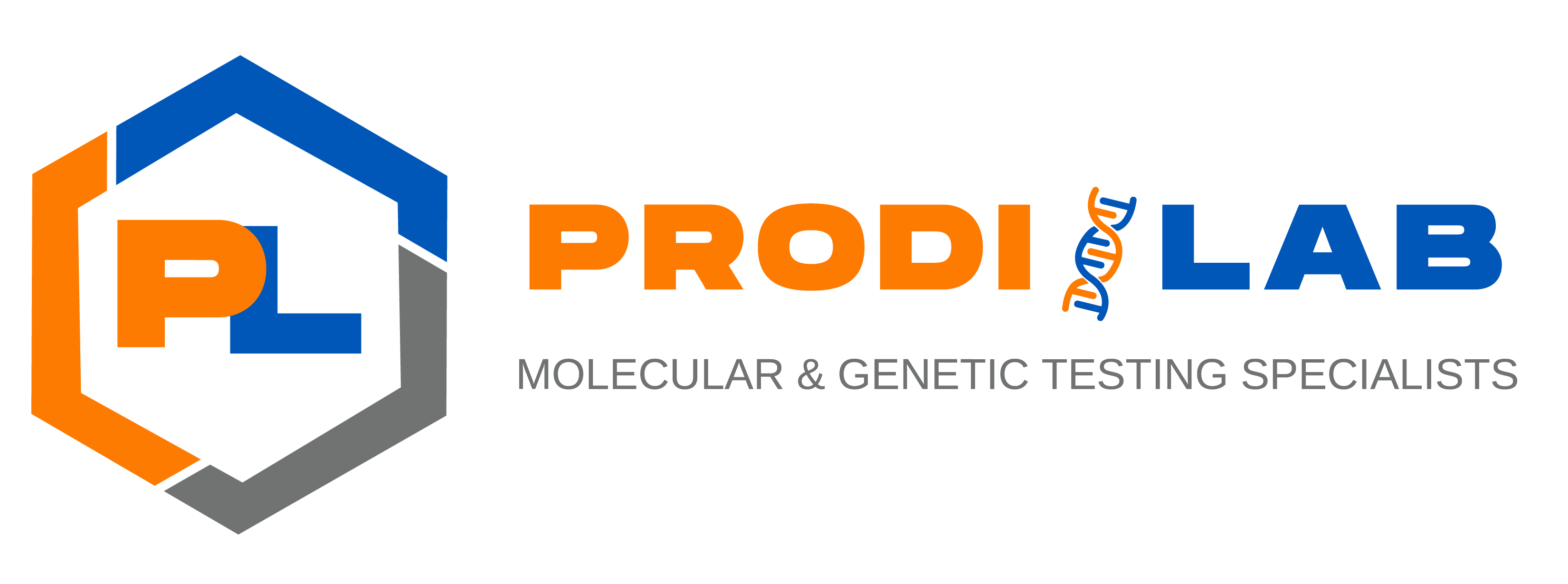Comprehensive CGx Panel

What is Comprehensive CGx Panel?
The Full Comprehensive Cancer Panel identifies the risk of genetic factors associated with hereditary cancers such as breast cancer, ovarian cancer, colon cancer, prostate cancer, melanoma, and other inherited cancers. The panel looks for genetic mutations or variants that are passed from parent to offspring that have known associations with increased risks for the above mentioned cancers. Knowing what your genetic disposition is can help you plan for the future and personalize patient healthcare plans.
How Will I Benefit?
In order to treat cancer, it must be identified. The origin site and mode of cancer need to be known as well, otherwise, the battle is a shot in the dark. Certain genetic variants have been associated with increased risks for specific cancers and can be valuable information in preventing and treating cancer. Early diagnosis is a key factor in the success of cancer treatment. Patients identified with hereditary cancer susceptibility can benefit from increased surveillance and preventative steps to better manage their risk for cancer. Knowing the specific gene involved can guide medical management and avoid unnecessary follow-up. Information obtained from candidate gene testing may be helpful in guiding clinical management in the future. If a pathogenic variant is identified in your patient, close relatives (children, siblings, parents) could have as high as a 50% risk of also being at increased risk. In some cases, screening should begin in childhood.
What We Offer
Comprehensive Cancer Testing can help individuals assess their genetic predisposition to various hereditary cancers. The Comprehensive Cancer Panel analyzes 193 genes that are associated with an increased risk of developing cancers such as breast cancer, ovarian cancer, colon cancer, prostate cancer, melanoma, and other inherited cancers. By examining genetic mutations or variants that can be inherited from parents, we can identify individuals who may have a higher likelihood of developing these types of cancers. The main goal of Comprehensive Cancer Testing is to provide you with valuable information about your genetic disposition toward cancer, enabling you to make informed decisions about your health and plan for the future accordingly. Understanding your genetic risk factors can empower you to take preventive measures and personalize your healthcare plans, which can significantly impact your overall well-being.
Testing can enhance early detection and diagnosis of cancer, which is crucial for successful treatment outcomes. By identifying the specific gene mutations or variants associated with increased cancer risks, you can learn valuable information that can be used to prevent and treat cancer more effectively. With early detection, you have a better chance of receiving timely medical intervention and implementing appropriate preventive measures. If hereditary cancer susceptibility is suspected after testing, increased surveillance, and proactive steps to better manage cancer risk can be beneficial. This includes regular screenings, monitoring, and tailored interventions to catch any potential signs of cancer at the earliest stage possible. It is important to note that identifying a pathogenic variant in your genes also raises the concern that close relatives, such as children, siblings, or parents, may have up to a 50% increased risk of developing cancer as well. In some cases, screening may even be recommended to begin in childhood for at-risk individuals.

